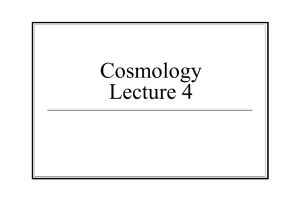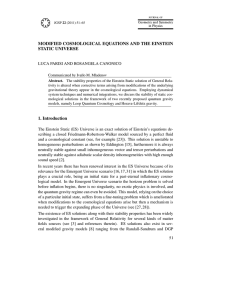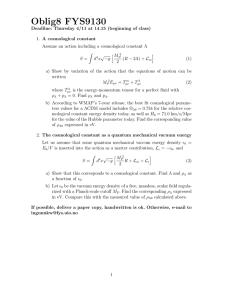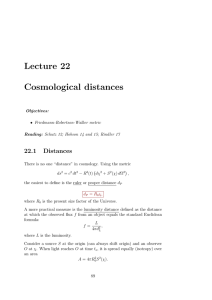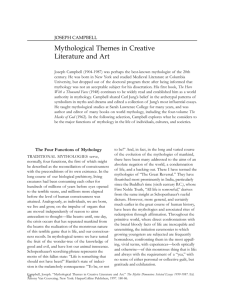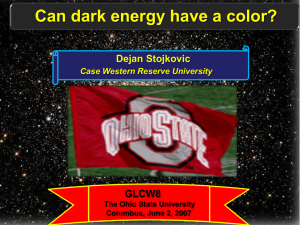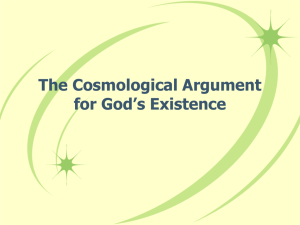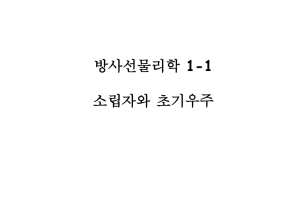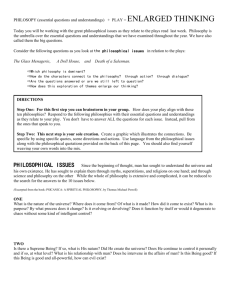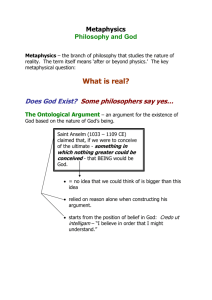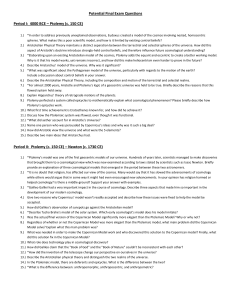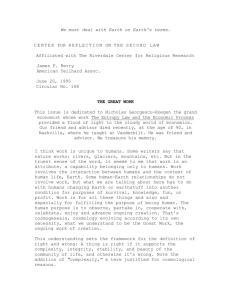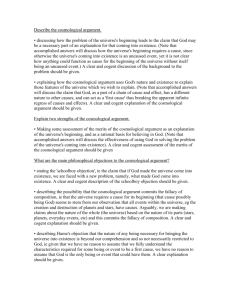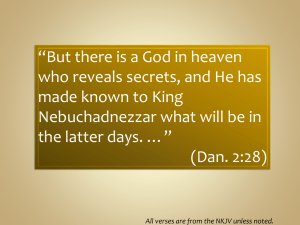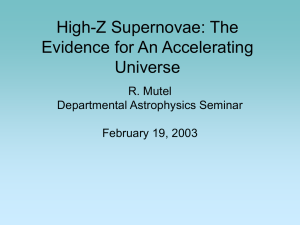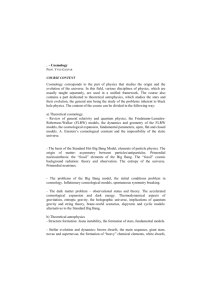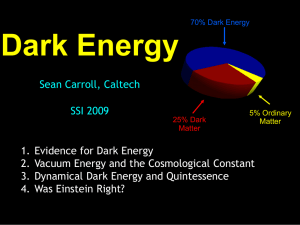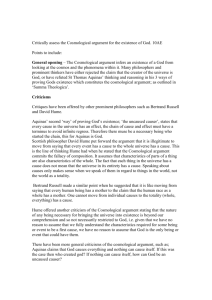cosm_sylab TRANS
advertisement
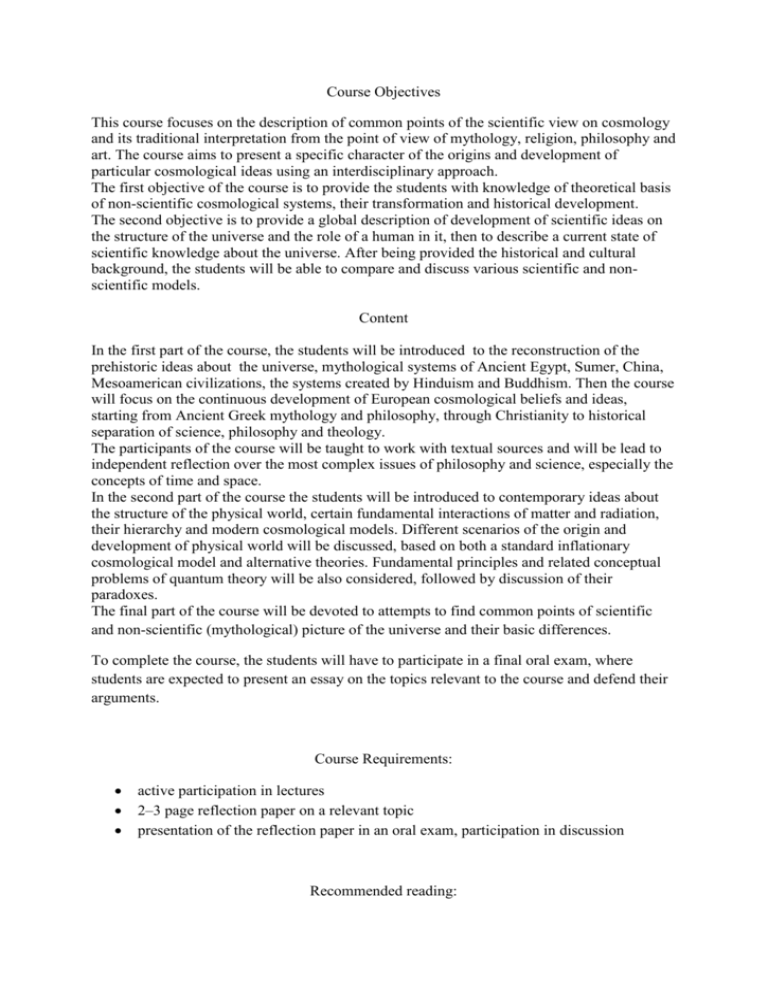
Course Objectives This course focuses on the description of common points of the scientific view on cosmology and its traditional interpretation from the point of view of mythology, religion, philosophy and art. The course aims to present a specific character of the origins and development of particular cosmological ideas using an interdisciplinary approach. The first objective of the course is to provide the students with knowledge of theoretical basis of non-scientific cosmological systems, their transformation and historical development. The second objective is to provide a global description of development of scientific ideas on the structure of the universe and the role of a human in it, then to describe a current state of scientific knowledge about the universe. After being provided the historical and cultural background, the students will be able to compare and discuss various scientific and nonscientific models. Content In the first part of the course, the students will be introduced to the reconstruction of the prehistoric ideas about the universe, mythological systems of Ancient Egypt, Sumer, China, Mesoamerican civilizations, the systems created by Hinduism and Buddhism. Then the course will focus on the continuous development of European cosmological beliefs and ideas, starting from Ancient Greek mythology and philosophy, through Christianity to historical separation of science, philosophy and theology. The participants of the course will be taught to work with textual sources and will be lead to independent reflection over the most complex issues of philosophy and science, especially the concepts of time and space. In the second part of the course the students will be introduced to contemporary ideas about the structure of the physical world, certain fundamental interactions of matter and radiation, their hierarchy and modern cosmological models. Different scenarios of the origin and development of physical world will be discussed, based on both a standard inflationary cosmological model and alternative theories. Fundamental principles and related conceptual problems of quantum theory will be also considered, followed by discussion of their paradoxes. The final part of the course will be devoted to attempts to find common points of scientific and non-scientific (mythological) picture of the universe and their basic differences. To complete the course, the students will have to participate in a final oral exam, where students are expected to present an essay on the topics relevant to the course and defend their arguments. Course Requirements: active participation in lectures 2–3 page reflection paper on a relevant topic presentation of the reflection paper in an oral exam, participation in discussion Recommended reading: Brian Greene : The Fabric of the Cosmos: Space, Time, and the Texture of Reality J. Al-Khalili : Black Holes, Wormholes and Time Machines J. Grygar : Vesmír jaký je J. Grygar : Vesmír, část II : Kapitoly z dějin poznávání kosmu John D. Barrow: New theories of everything
